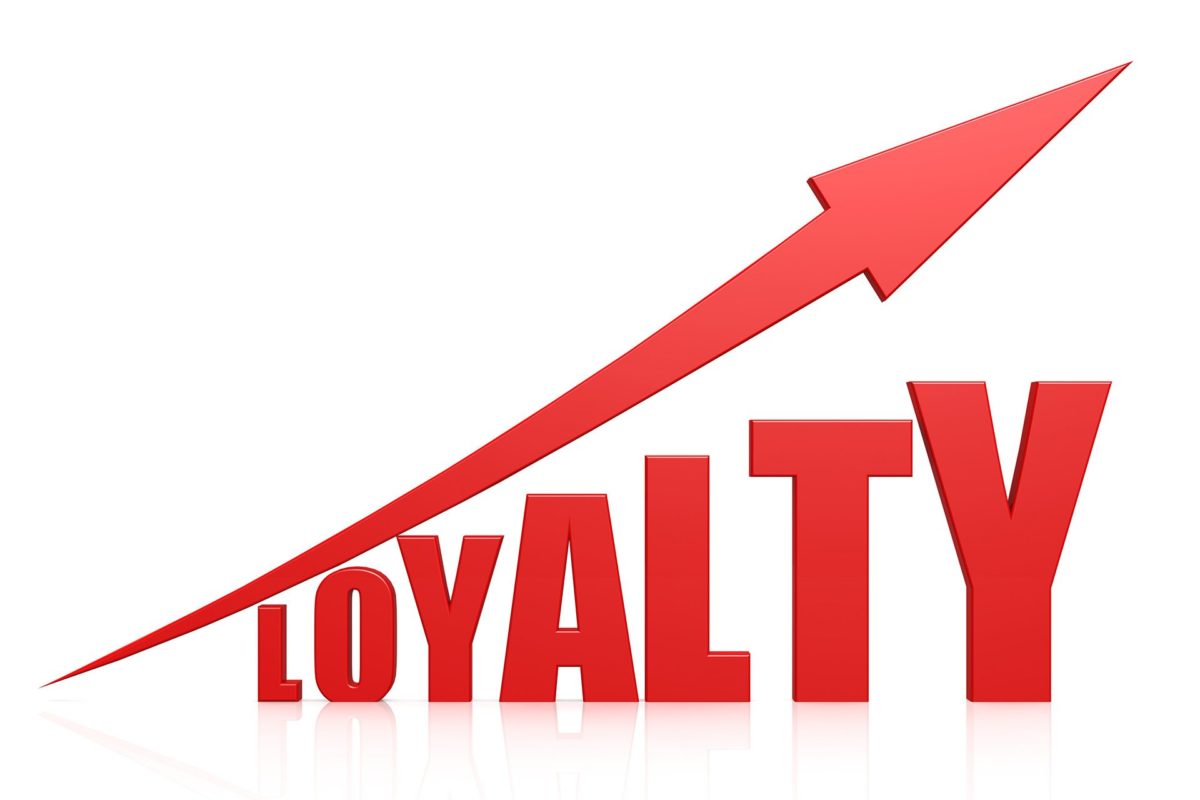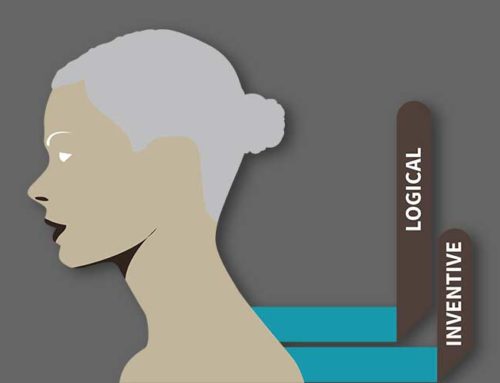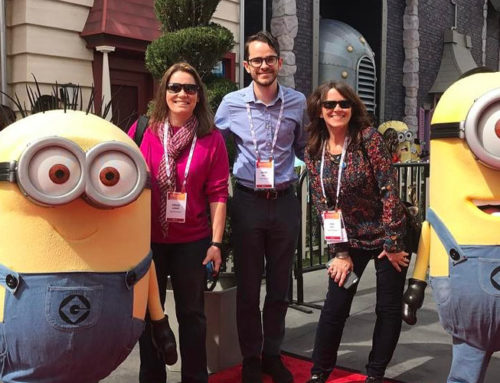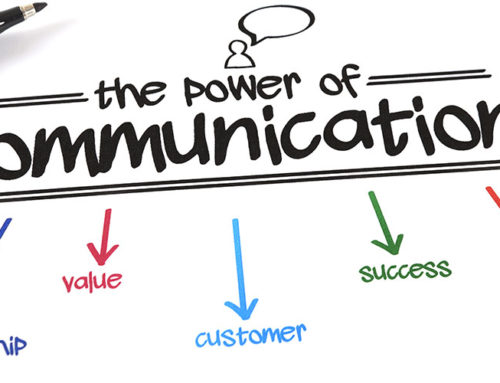What makes customers loyal to your brand? That’s a question companies should continue to ask themselves. Reasons for customer loyalty will vary across your customer segments and can change over time throughout the customer lifecycle.
Customer loyalty, by definition, means commitment. A customer that is loyal to your brand continues to buy your product or service over and over again. Their level of commitment (or loyalty), however, can range from a very high to a very low level. And that commitment level is driven by motivators.
Buying motivators are things like price, value, quality, experience, and convenience, just to name a few. The more motivators your customers have, the stronger their level of loyalty.
Let’s take a closer look at some of the top motivators that determine a customer’s buying behavior and makes customers loyal:
Price
Most consumers are conscious of price, but the price isn’t always the ultimate determining factor when making decisions. You don’t want it to be. If your customers are solely focused on price and price alone, you’ll never win them over to becoming truly loyal customers. Someone will always beat you on price at some point. Or you’ll have to lower your prices so much to compete, that you end up losing in the long run with a big hit to revenue or quality. The goal is to make sure your product or service is affordable to your customers and tied to the value it provides.
Value
What’s the benefit to your customers of your product or service? Is it important to them, useful, solve a problem, fill a need, or provide entertainment? More than likely the answer to one or more of those questions is yes, as it should. Ask yourself and your customers how does the value (or benefit) provided compare to your competition? We’ve done some research that suggests this even more relevant today.
Quality
Quality is closely tied to value. How do your customers perceive your product or service? Are you meeting customer’s expectations or, even better, are you exceeding them? Luxury brand or not, your product or service needs to meet basic criteria. It needs to solve the problem: place to stay, fun experience, or satisfied a want. We’ve all had experiences where we paid less for a product online and were bummed when it didn’t work out. Your brand has to be quality or customers will tear you to shreds online.
Experience
The reason we as consumers continue to buy (or don’t buy) from a particular company is because of the experience. We remember both the good and bad experiences we’ve had during the buying process or while using the product or service. This plays a big part in whether or not we decide to purchase again from this company. Like first impressions, changing someone’s mind after a bad experience is hard but not impossible. That’s why your team needs to have a culture of genuine care.
Convenience
Let’s face it, we’re all busy. A lot of times we buy things or go places because it’s simply the easier choice. Often times what makes customers loyal is that you’ve removed the headache of shopping around. Whether it’s buying online or going right around the corner, we often choose the most convenient option. We’ll do this even if it means spending a little more. In other words, sometimes convenience can trump price (as long as it’s within reason). If the price difference is worth the ease of buying or time saved, we consider it money well spent.
Nostalgia
If your product or service taps into fond memories from a consumer’s past, there’s a good chance they will buy again and often be loyal to your brand over your competitors. For example, places they grew up going to may hold a special meaning to them and they will want to continue the tradition with their family. And if the experience and quality still hold up to their expectations, you’ve got a real winner in terms of continued loyalty to your brand.
Social
Harvard Business Review’s elements of value pyramid shows that social impact is top element of consumer value. Social motivators can either be from social responsibility or social influence. Let’s look at social responsibility first. Consumers tend to be more loyal to a brand if they overall feel the company is socially responsible – i.e. demonstrates shared beliefs or gives back to the community. We tend to be more loyal to companies that hold the same values we do and demonstrate those values by doing good by others. Social influence, on the other hand, is when our thoughts and behaviors are impacted by those around us. Someone may feel they need to buy from a certain company or brand because that’s what their friends are doing. This can be seen as a very positive motivator by marketers especially when using refer-a-friend promotions and loyalty programs.
Recap – what makes customers loyal
All-in-all, there are many reasons why consumers choose to buy and what motivates them to be loyal to one brand over another. Identifying these motivators and deepening their reach is what makes customers loyal. The more positive motivators a consumer has for your brand, the more loyal they will be. It’s not rocket science but it is a science. There’s no silver bullet that makes customers loyal. We can only making the next right decision. If you genuinely care about your customer’s experience they’ll feel it and keep coming back.











Leave A Comment